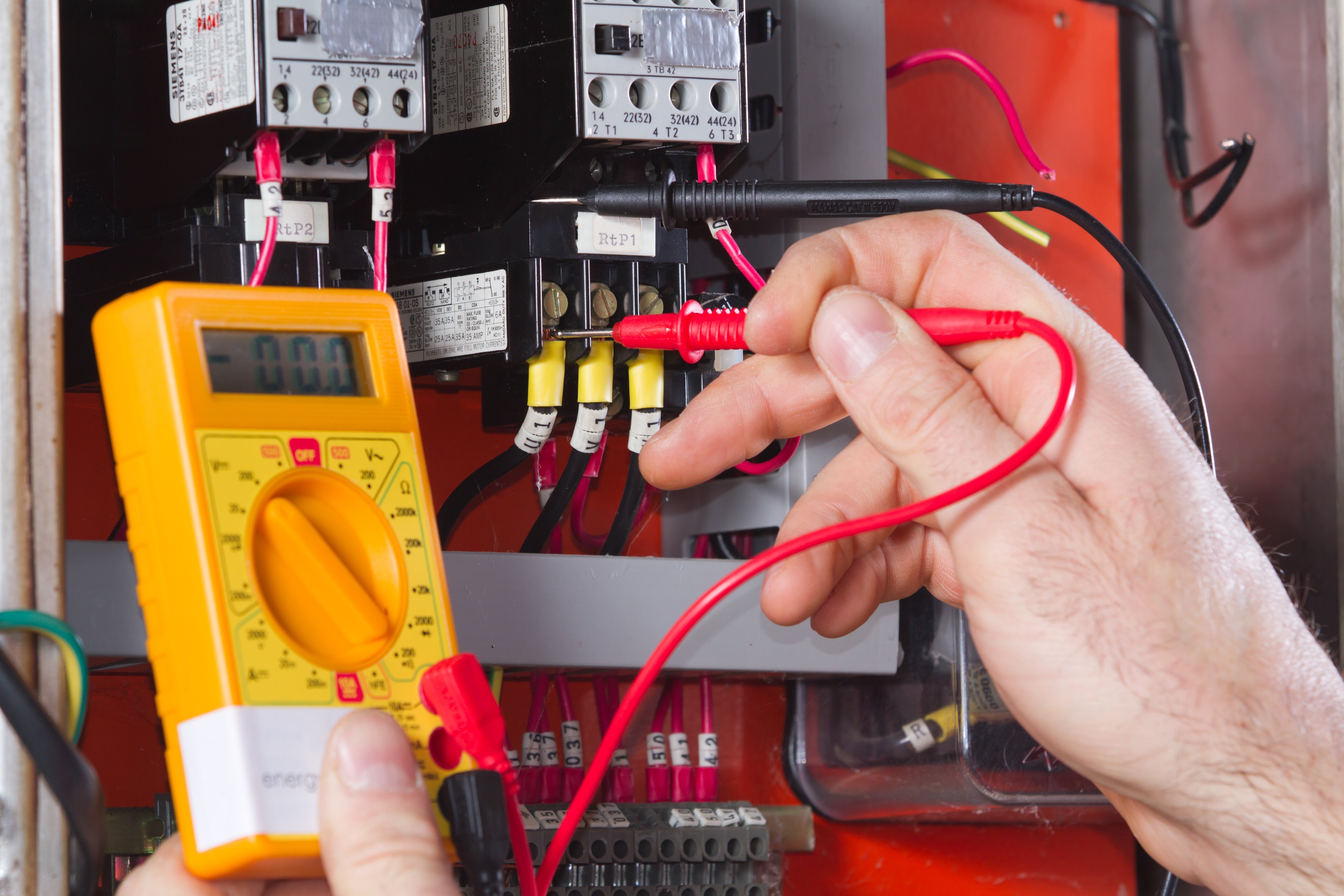Discover the very best in BRE Services for Electrical and Automation
Discover the very best in BRE Services for Electrical and Automation
Blog Article
Demystifying Electric Installation: Understanding Codes and Laws for a Lawful and Safe Arrangement
In the world of electric installment, adherence to codes and laws is vital to guarantee both validity and safety and security. The complexities bordering electrical work can be overwhelming, but familiarizing oneself with the established standards is vital to browsing this area with confidence. By recognizing the details of the National Electric Code and neighborhood building regulations, people can assure that their setups meet needed safety procedures and remain in compliance with the legislation. However, the journey to debunking electrical installment goes past plain experience with policies; it requires an extensive understanding of how to execute risk-free electrical techniques successfully.
Importance of Electric Codes
The adherence to electric codes is important in ensuring the security and integrity of electric setups. Electrical codes work as a set of requirements and standards that dictate the proper layout, setup, and upkeep of electrical systems. These codes are developed to reduce the danger of electric hazards, fires, and various other safety and security problems that may occur from defective electric work.

Additionally, electric codes are on a regular basis upgraded to integrate brand-new innovations, best methods, and safety and security measures. Staying upgraded with these codes is essential for professionals in the electrical sector to ensure that their job fulfills the current safety standards. Ultimately, the relevance of electric codes hinges on developing a protected and efficient electrical framework that benefits both individuals and areas.
Key Laws for Safety And Security
Numerous fundamental laws govern the safety criteria in electric installations. One vital policy is the National Electric Code (NEC), which supplies guidelines for risk-free electrical style, installment, and inspection to secure people and residential property from electric hazards. The NEC covers aspects such as electrical wiring methods, grounding, overcurrent security, and tools installation to make sure a secure electric system.
One more important law is the Occupational Security and Health And Wellness Administration (OSHA) requirements, which focus on the security of employees involved in electrical setups (BRE Electrical Solutions). OSHA guidelines consist of requirements for correct training, safety treatments, and individual safety equipment to stop work environment accidents and injuries
Furthermore, the International Electrotechnical Commission (IEC) criteria aim to harmonize electrical installation policies on a global range. These criteria address problems like electric equipment safety and security, electro-magnetic compatibility, and energy effectiveness to advertise uniformity and security in electric installments worldwide.
Compliance with these vital guidelines is important to make certain the safety and security and legality of electrical installations, securing both people and building from the threats related to electricity.
Comprehending National Electric Code
Trick regulations such as the National Electrical Code (NEC) supply crucial guidelines for safe electric layout, installment, and examination to make sure the security of people and property from electric risks. The NEC, also known as NFPA 70, is a thorough collection of standards for electric setups that are updated every 3 years. It is created by the National Fire Protection Organization (NFPA) and is widely taken on across the United States.
The NEC covers different aspects of electric job, consisting of electrical wiring approaches, grounding, overcurrent defense, and tools installment. It aims to secure people and residential or commercial property by attending to possible threats connected with electrical systems. Conformity with the NEC is normally imposed by local authorities having territory (AHJs), such as developing code authorities and assessors.
Understanding the NEC is important for electric service providers, designers, and examiners to guarantee that setups meet the required security requirements. By adhering to the NEC guidelines, experts can help prevent electrical accidents and make certain the integrity of electric systems in residential, business, and commercial settings.

Compliance With Local Building Ordinance
Comprehending and sticking to neighborhood structure codes is important for making certain the safety and security and compliance of electrical installations within a details jurisdiction (BRE Services). Regional building regulations vary from one town to one more, and they are established to guard the health of passengers and properties. These codes detail certain requirements for electric installments, such as the sort of circuitry to be made use of, positioning of electrical outlets, grounding techniques, and load capacities. By adhering to neighborhood building regulations, electrical contractors can make sure that installations are done properly and fulfill the necessary safety criteria.
When it comes to electric installments, failing to conform with local building codes can result in major effects. Non-compliant installments might position safety risks, enhance the risk of electrical fires, and lead to pricey penalties or lawful problems.
Making Sure Safe Electrical Practices
Exercising strict adherence to established security methods is important in the field of electrical installments to reduce potential dangers and guarantee the wellness of people and residential or commercial properties. Security in electrical job encompasses numerous aspects, beginning with the correct training of workers entailed in setup, upkeep, and fixing. It is crucial to comply with maker instructions thoroughly when dealing with electric components and tools. Prior to starting any kind of work, it is critical to perform a comprehensive threat evaluation to determine potential risks and implement safety nets. Making use of individual safety devices (PPE) such as BRE Electrical insulated gloves, safety glasses, and non-conductive footwear is non-negotiable to secure against electrical shocks and arc flashes. Routine devices inspections, screening, and maintenance routines are essential to identify and remedy mistakes prior to they intensify into safety risks. Adherence to proper lockout-tagout procedures during upkeep tasks is crucial to protect against accidental energization of circuits. By focusing on risk-free techniques, electrical installments can function effectively while reducing the chance of mishaps or damage.
Verdict
In final thought, adherence to electrical codes and laws is critical for ensuring the security and legitimacy of electrical setups. Comprehending the National Electric Code and conformity with regional building regulations are necessary for a secure configuration. By following these guidelines and practicing risk-free electric techniques, people can stop potential dangers and make sure the correct functioning of their electric systems.
Report this page